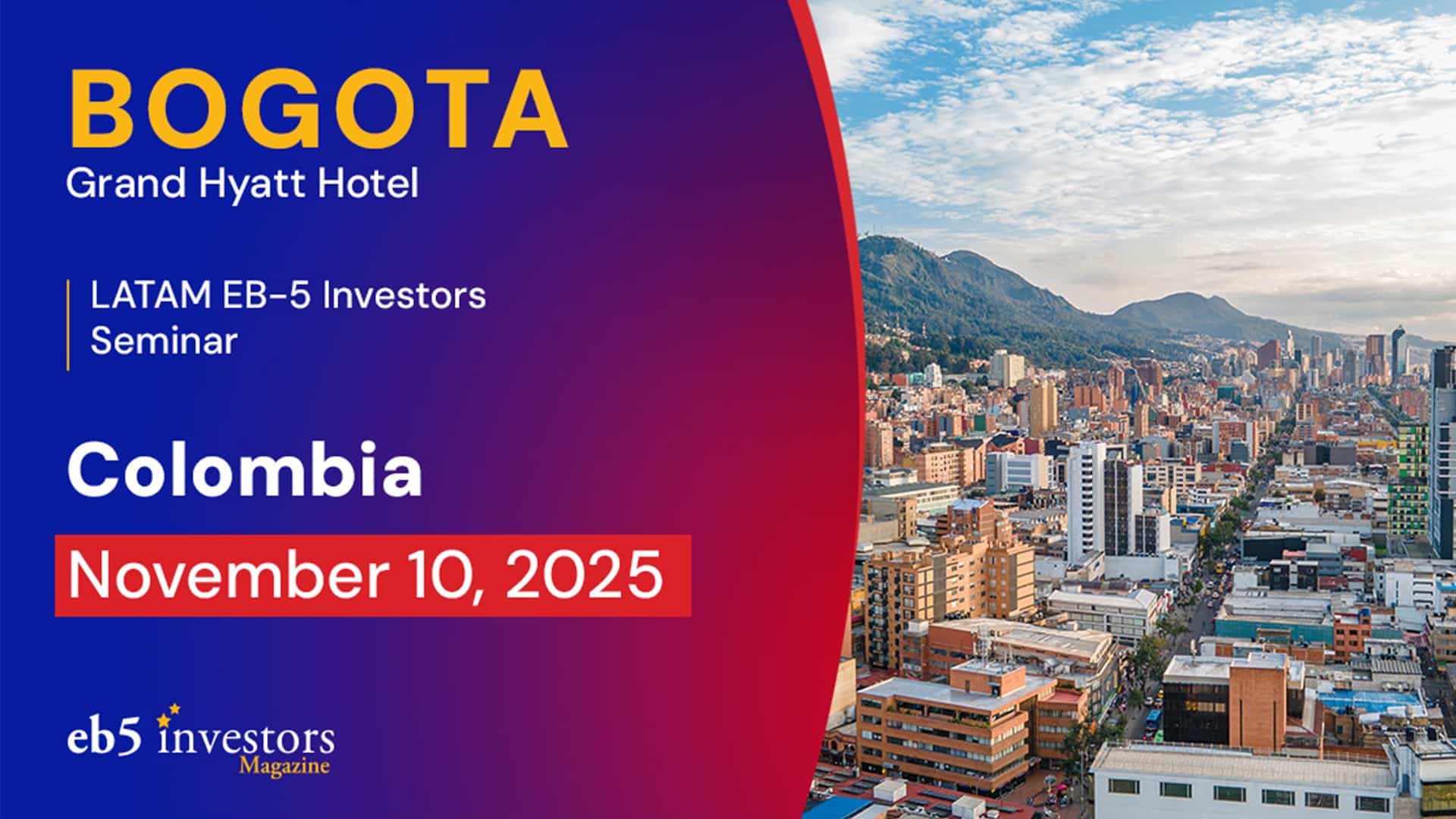
By Anayat Durrani
The Galati Law Firm has filed a Freedom of Information Act (FOIA) lawsuit calling on the USCIS to provide documentation regarding source of funds policies and statistics related to the agency’s adjudication of Vietnamese EB-5 petitions.
The lawsuit filed in late March comes after the firm assisted the American Immigrant Investor Alliance with a FOIA request last fall seeking information from the USCIS but says the request has been left ignored by the agency.
“We chose to represent AIIA pro bono in this lawsuit against USCIS because our firm shares its core belief that government transparency is crucial to the EB-5 program’s success,” says Matthew T. Galati, principal of The Galati Law Firm.
EB-5 fund transfers from Vietnamese investors
Vietnam, among other countries, has currency laws that severely restrict conversion of local money into American dollars, causing many investors to find alternative means to transfer funds to the U.S. as part of the EB-5 process. Vietnamese investors have had to use third parties and/or cryptocurrency to make the investment.
While these methods have been used for years and properly disclosed and documented, they say the USCIS has never questioned these methods as being detrimental to petition adjudication. Per the complaint, current agency actions represent a “sharp departure from approximately 30 years of the status quo – again without warning or any kind of announcement.” The complaint says the “USCIS executed a rug pull” that has effectively put an end to the American Dream for many families seeking a pathway to the U.S.
“Although not surprising, it is unacceptable that a government agency would keep internal adjudication policies, such as those on adjudicating currency swap cases, hidden from the public,” says Galati. “Not only is it unfair to the investor community who have followed decades of agency practice only to find their American Dreams become American nightmares, but it is also inefficient for USCIS adjudication and operations.”
Industry stakeholders have reported Requests for Evidence (RFEs), including denials on currency issues, without any statement from USCIS indicating a policy shift. Among those impacted, Vietnamese investors have felt the apparent agency policy shift the hardest, a group that has historically been the second-largest source of visa demand. They have since been receiving RFEs that are requesting more documentation regarding their source of funds and money transfers and are fearful of denials, per the complaint.
One Vietnamese investor joined the EB-5 program in 2017 and was gifted $500,000 from his mother and aunt. He says despite using an immigration agent that had many times successfully completed applications with a similar remittance method before, and properly providing the source of funds and remittance to USCIS, his application was denied. He says he has filed an appeal and is waiting for a decision from USCIS.
“More than six years have passed since the investment, I have lost a lot of time, money and spirit, I have also lost hope about approval,” says the investor. “To this day, I have not told my mom and aunt the fact that my application has been denied.”
Galati says adjudicators have wasted long hours issuing RFEs and denials on petitions which he says were historically approvable.
“Indeed, they are approving many of these cases today. It’s a wholly arbitrary pattern and practice,” says Galati. “The agency cannot regulate by RFE. There are due process rights at stake.”
EB-5 lawsuit against USCIS to help investors
This FOIA lawsuit is the second suit filed against USCIS, says Isabella Getgey, program manager at AIIA.
“Our previous lawsuit provided us with valuable information such as how USCIS trains adjudicators to re-examine source of funds at the I-829 stage, which was never previously known to exist, and the latest breakdown of pending I-526s by country which could help estimate the waiting time for a Green Card for investors from specific countries,” says Getgey.
With the FOIA suit, she says AIIA seeks to find out about USCIS’s methodology for re-evaluating source of funds with currency-swap transactions.
“This information is critical, given that our Vietnamese stakeholders have reported denials at a disproportionately high rate compared to investors from around the world, all stemming from the issue of re-adjudicating petitions for currency swaps,” says Getgey.
She says AIIA wants this information to help guide investors when filing their immigration petitions.
“As a “by investor, for investor” organization, we strongly believe in promoting transparency on behalf of USCIS for investors using the EB-5 program to make one of the biggest decisions of their lives,” says Getgey.
Galati says the “unannounced” agency policy shift has brought significant harm to thousands of investors. He is calling on the USCIS to provide clearer guidance on the use of currency swaps as the legal path of funds. Doing so, he says, will safeguard the EB-5 program as a viable pathway for investors coming from countries with restrictive currency laws.
The deadline for USCIS to respond to the lawsuit is on or around May 1, 2023.
“We hope that this lawsuit pulls back the curtain as to what is really going on at USCIS so that my fellow attorneys and I can give better advice to the thousands of investors who must use currency swaps,” says Galati.
DISCLAIMER: The views expressed in this article are solely the views of the author and do not necessarily represent the views of the publisher, its employees. or its affiliates. The information found on this website is intended to be general information; it is not legal or financial advice. Specific legal or financial advice can only be given by a licensed professional with full knowledge of all the facts and circumstances of your particular situation. You should seek consultation with legal, immigration, and financial experts prior to participating in the EB-5 program Posting a question on this website does not create an attorney-client relationship. All questions you post will be available to the public; do not include confidential information in your question.








